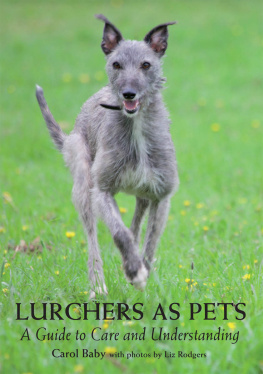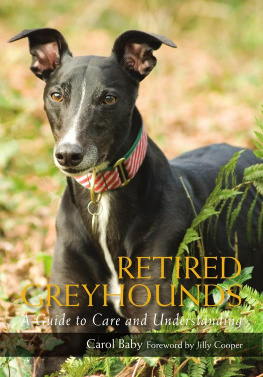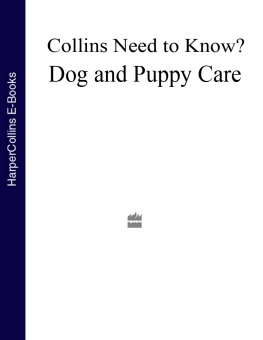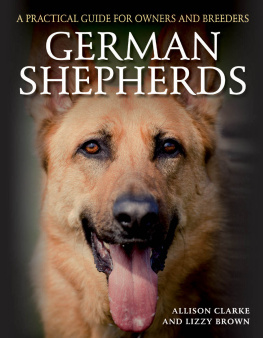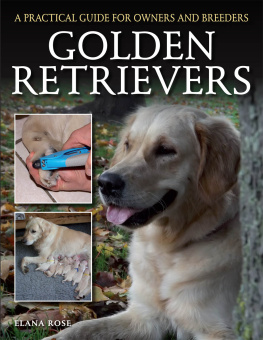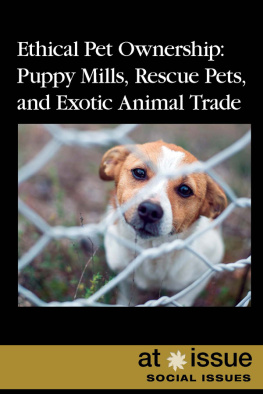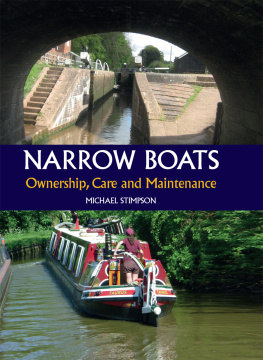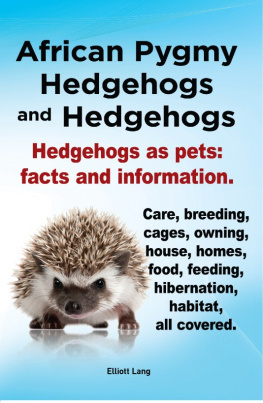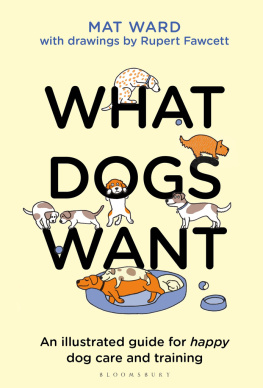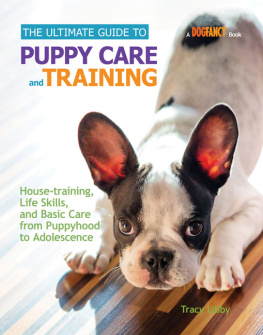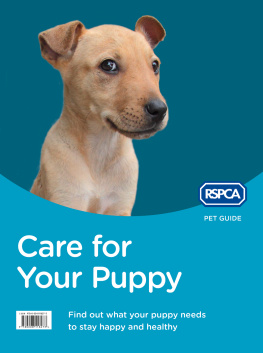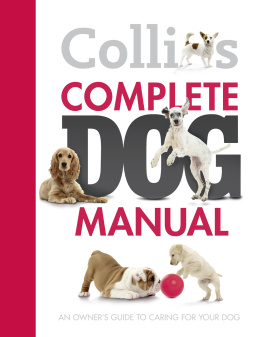ACKNOWLEDGEMENTS
My thanks to Liz Rodgers who produced beautiful photographs for my previous book, Retired Greyhounds A Guide to Care and Understanding, and has surpassed even those with the photographs she has produced for this book.
Thank you to Alex Thompson who helped me with the background to a working lurchers life, and who allowed us to photograph his beautiful lurchers at work. Thanks also to Westfield Vets, Wells, and to Sarah Cooke of Dogaffinity Dog Training, for their help and support.
Finally many thanks to each and every one of the volunteers who work for Greyhound Rescue West of England. They work tirelessly to improve the lives of homeless lurchers and Greyhounds and to find them for ever homes. Each of them gives up hours of their time on a regular basis and they are inspirational people.
GREYHOUND RESCUE WEST OF ENGLAND
My lurchers came from Greyhound Rescue West of England (GRWE), the leading Greyhound rescue charity in England and Wales. Although GRWE originally developed in the West of England, the charity now rehomes dogs across most of England and Wales.
GRWE is independent of the Greyhound racing industry and is dedicated to the rescue, rehabilitation and rehoming of abused, abandoned and unwanted Greyhounds and lurchers. GRWE takes in Greyhounds and lurchers from members of the public, veterinary surgeries, pounds and the police. They also help trainers and owners rehome their racing Greyhounds, and some dogs come in from general rescue centres; some come from as far afield as Ireland and Scotland if resources allow.
GRWE rescues hounds of all ages, from puppies to golden oldies! Some dogs are cruelty cases, physically and emotionally scarred and damaged. GRWE nurses them back to health and helps them learn to trust humans again.
Working for the last twelve years as a volunteer for GRWE has been an unpaid employment I thoroughly enjoy. I work with wonderful people who donate their time and expertise to help the charity. I meet stunningly beautiful and affectionate dogs on a daily basis, and I know that what I do makes a difference for them. GRWE represents all that is good in rescue charities working with integrity and professionalism.
FURTHER INFORMATION
FURTHER READING
Bailey, Gwen The Perfect Puppy (Hamlyn Revised Edition 2008)
Bradshaw, John In Defence of Dogs (2011)
McConnell and London Feisty Fido (McConnell publishing 2003); excellent if you have a dog that reacts badly to other dogs on lead
Price, Carol Understanding the Rescue Dog
Ryan, David Dog Secrets
Whitehead, Sarah The Adolescent Survival Guide
USEFUL WEBSITES
Lurcher Rescue Charities
www.grwe.com
An excellent rescue charity for lurchers and greyhounds, also a great merchandise choice. Covers all but the North East of England
www.dogstrust.org.uk National
www.bluecross.org.uk National
www.greyhoundgap.org.uk Mid-England
www.erinhounds.co.uk North England
www.woodgreen.org.uk East England
www.lurcher.org.uk Evesham
www.hoperescue.org.uk Wales
http://galway-spca.com Ireland
http://madra.ie Ireland
http://halfwaytherehounds.com Ireland
GALA Greyhound and Lurcher Aid Durham
General
www.nina-ottosson.com
For professional problem-solving toys for dogs
www.hancocklurchers.co.uk
Produce selectively bred Collie cross Greyhound lurchers
www.yellowdoguk.co.uk/uk
For advice about dogs on lead that may need space because they feel vulnerable.
www.doglost.co.uk
If you should lose a dog, Dog Lost will help with advice, getting posters out, and getting the dog on relevant websites. They also have an army of volunteers all over the country who will be on the case within minutes of you getting in touch. The sooner you contact them the better.
Holidays
www.welcomecottages.co.uk
www.sykescottages.co.uk
www.dogfriendly.co.uk
www.homeaway.co.uk
www.dogsinvited.co.uk
Sports
www.thekennelclub.org.uk/activities For all sports
Agility and Flyball
www.agilityclub.org
www.cleanrun.com
Cani Cross and Bikejor
www.canicross.org.uk
www.cani-cross.co.uk
www.trailtime.wordpress.com
Qualified Dog Behaviourists and Trainers
www.abtcouncil.org.uk Register of Qualified Trainers and Behaviourists
www.apdt.co.uk
Association of Pet Dog Trainers
www.thekennelclub.org.uk/training KCAI Kennel Club Accreditation Scheme for Instructors
www.apbc.org.uk
APBC Association of Pet Behaviour Counsellors
www.ukrbc.org
UKRCB UK Registry of Canine Behaviourists
www.capbt.org
COAPE Association of Pet Behaviourists and Trainers
www.compass-education.co.uk
Compass qualifications in dog behaviour
www.cleverdogcompany.com
www.thinkdog.org
Alpha Think Dog qualification in dog behaviour
www.cidbt.org.uk
CIDTB Cambridge Institute of Dog Behaviour and Training
Dog Insurance Companies
www.petplan.co.uk
www.tescobank.com/petinsurance
www.churchill.com/dog-insurance
WHAT IS A LURCHER?
A lurcher is a type of dog rather than a specific breed. It is bred from a sighthound crossed with another working breed. Sighthounds are Greyhounds, Salukis, Afghans, Deerhounds, Whippets, and any breed that uses its speed and sight for hunting, rather than tracking more by smell as a Foxhound does. Sighthounds tend to scan the horizon whilst walking, which makes them easier to train to walk beside you, unlike scenthounds, which tend to steam along with their noses glued to the ground.

A young longdog with Saluki breeding.
TYPE DESCRIPTION
In some books the definition of a lurcher states that it should stand no more than 24in (60cm) at the shoulder; however, with modern breeding many do stand much taller than that. A lurcher should be long-legged and deep-chested, with a small head and ears and an undocked tail. It varies in size and can be as small as a Bedlington Terrier to as large as a Deerhound. It may be rough-, smooth- or broken-coated, and appears in a wide variety of colours.
Collies and terriers are very popular in lurcher breeding to add trainability and endurance to the speed already provided by their sighthound ancestry. Many lurchers are owned and bred by the travelling community, some are bred in private homes, and there are also some well known breeders such as David Hancock and David Platt who breed from carefully chosen stock to produce a clear type within the lurcher identity. David Hancock produces Hancock lurchers, which are Collie cross Greyhound, and David Platt produces Greyhound, Deerhound, Collie crosses.
Longdogs
Within the lurcher group is the subgroup of longdogs, which are the result of breeding different sighthounds together for example, Saluki Greyhound or Whippet Greyhound. Although sighthounds share a reputation for being mild-mannered couch potatoes happy to spend the day sleeping once they have had a blast of exercise, there are subtle differences within the group. Greyhounds are possibly the laziest as adults, and Salukis possibly the most energetic. So a Greyhound or Deerhound cross is likely to be calmer than a Saluki or Whippet cross, with other sighthounds coming somewhere between.
Longdogs have an excellent temperament, and make good family pets. They excel in speed and mobility, whereas lurchers have additional assets depending on what other breeds of dog appear in their bloodlines. Sighthounds and longdogs are the sprinters of the world, like Usain Bolt, while lurchers are more like Jessica Ennis, heptathlon athletes. Because longdogs are a subgroup I will refer to both longdogs and lurchers as lurchers in this book.

